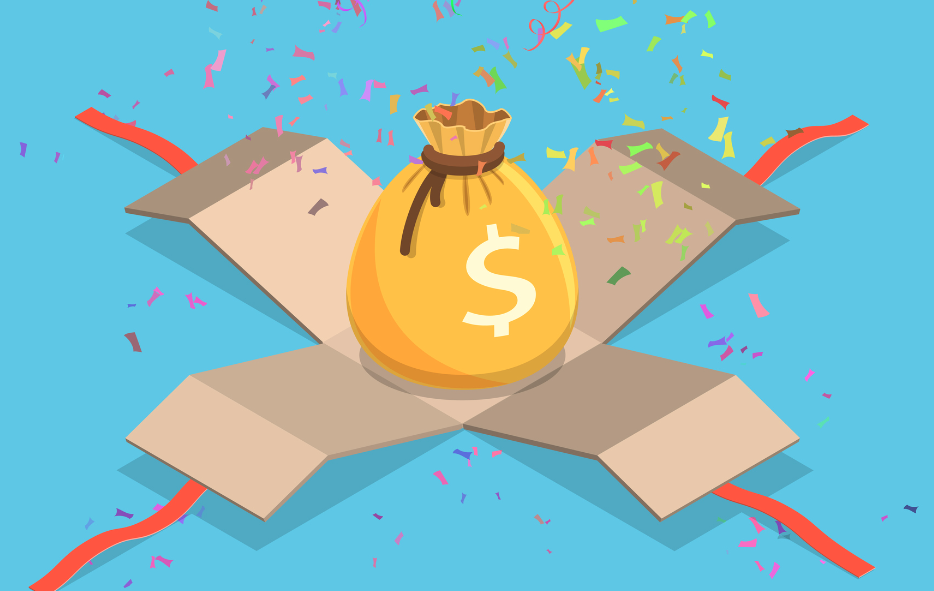How does… million-dollar cash prize marketing work?
We’ve been asking some of the industry’s most knowledgable boffins to use their knowledge to help you through those confusing meetings and indecipherable conferences. Here, Chris Milne explains how insurance-leveraged marketing works.
Ever wondered how brands can offer the opportunity to win million-dollar prizes in a promotional campaign? Or perhaps you’ve seen cash-back offers that feel too good to be true? Chances are, these campaigns are being bankrolled by insurance – what is known as “insurance-leveraged marketing”.
In its most basic form, insurance-leveraged marketing is using specialist insurance products to offset a company’s financial exposure – linked to a chance-to-win or redemption-based marketing campaign.

What are the benefits?

